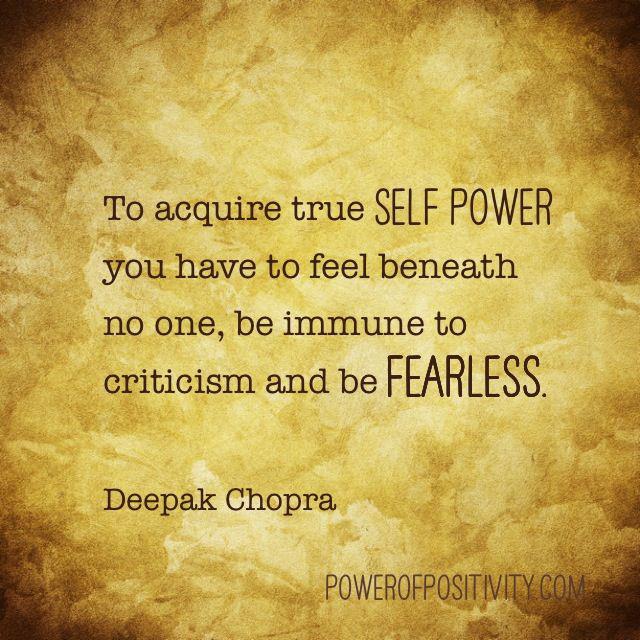Otherwise known as our “sixth sense,” intuition does, in fact, play a powerful role in our daily lives, whether we know it or not. Do you ever get a bad feeling in the pit of your stomach about something and decide not to go through with something? That feeling is actually your intuition kicking in to warn you of upcoming dangers.
On the flip side, you use this same sense for positive benefits. An example could be when you hear about an opportunity for a career move. And you just know you should apply for it based on a hunch.
According to Psychology Today, many studies try to prove the existence of this elusive sixth sense. One included an independent experiment carried out by an engineer and two psychologists spread out around the globe. As one person, the sender, directed emotional thoughts toward a receiver located thousands of miles away, they observed substantial variations in the receiver’s finger blood volume. This indicates that on a subconscious level, the receiver felt the message entering his or her field of consciousness, and his/her body responded to the stimuli accordingly.
We have amazing capabilities as human beings. In fact, our capabilities exceed what we learned in school and mainstream media. But often, we have blockages in our bodies or minds that prevent us from experiencing the phenomenon of intuition.
Here are 5 factors that can inhibit your intuition:
1. You let the logical mind control your thoughts and actions.
The greatest adversary of intuition, logic can impede on your ability to feel things instinctually and bar access to your highest self. We’ve been conditioned most of our lives to think in a linear fashion, which stifles creativity and a deeper connection to ourselves and the world around us. People have taught us that knowledge exists in textbooks, not within our own minds. In school, you are taught what to think, not how to think. More importantly, the average curriculum doesn’t delve into esoteric topics such as how to use your intuition, and how to decode your feelings. Analytical thinking can help us solve problems, but it also distances us from using what we already intuitively know to navigate life’s circumstances.
Intuition often doesn’t make sense, but that doesn’t mean it isn’t right. Go with your gut instinct, not what your mind tries to persuade you to believe.
2. Negative events keep happening in your life.
If you haven’t been going within and paying attention to any signs the universe might send to you, you might make decisions that don’t really serve your best interest. Many people operate on autopilot and have no idea how much better their lives could be if they just started to become more aware of themselves and their surroundings. Take some time each day to meditate, journal, get some fresh air, do yoga, or anything else that brings you into the present moment and allows you to access your creativity. You will miss important messages by hurrying through your life each day, so slow down and live more consciously to stay connected to your intuition.
3 You live too much in your ego
Constantly comparing yourself to others, belittling yourself, worrying too much, and needing to compete with others to validate your self-worth all point to signs that you have lost touch with your intuition. The ego wants to maintain control of your life, and will keep you on lockdown unless you learn to live more from your heart instead. Meditation helps greatly in dissolving the ego, because you will realize that the self doesn’t really exist, only your awareness does. The ego represents the mind, while the true self signifies the heart. Since intuition is based off of feelings rather than logical thought, you need to silence the chatter of your mind so that you can flow through life effortlessly rather than force your way through it with the domineering ego.
4. You put too much weight in what others think.
You can’t live intuitively if you constantly seek approval from others – if you base your life solely around other people’s opinions, you will never live authentically. Your intuition knows best, so don’t waste too much energy on getting others who don’t share your views to see things eye to eye with you. They may never agree with how you live, so don’t bother persuading them to. Feel confident enough in your own decisions that you don’t even need others to validate your choices. It takes some practice, but you have your own internal guidance system directing you every day; you just have to allow your own inner voice to speak louder than those of everyone around you.
5. You feel disconnected from yourself and your surroundings.
As your intuition becomes more powerful, you will harness deeper relationships with yourself and others, and you will have more empathy for all life on Earth. You will realize that you have the potential to impact this world in a unique way, and that you no longer need to rely on anything outside yourself to thrive on this planet. If you don’t currently feel this way, don’t get discouraged. Simply relax your mind and let the wisdom already within you come to the surface. The fast-paced world we live in can distract us from our true nature very easily, so make sure you unplug from the matrix every once in a while and connect to the vast knowledge of the higher realms.
We all have an innate ability to use our intuition to master our lives, but it takes some effort to reconnect with our sixth sense in the unnatural world we live in. If you want to start living a more intentional, happy life, make sure you meditate often, live from your heart, and trust your instincts above all else.




